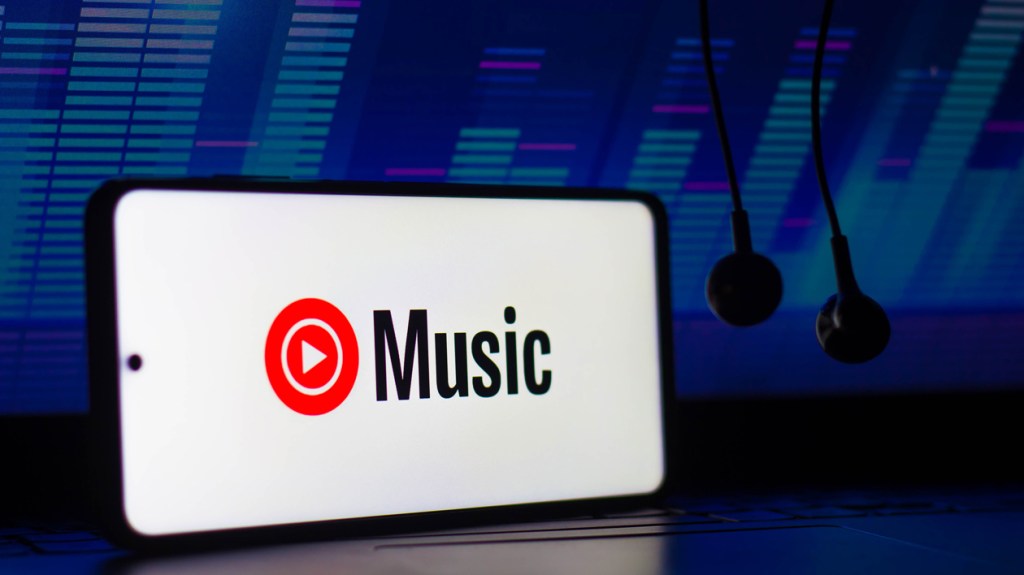The row over the YouTube Music union, whose 43 members were suddenly fired last week, while one was testifying during an Austin City Council meeting, much depends on the definition of “contractor.” Because they are not full-time permanent employees, “their work at YouTube Music has ended,” according to a spokesperson for their employer, information technology subcontractor Cognizant, and “the contract ended on its natural expiration date.”
Independent contractors, according to Kate Bronfenbrenner, Cornell University's director of labor education research, “are not subject to the regulatory state,” so they lack basic workplace protections. “Whether it's labor law, health and safety, or racial discrimination, independent contractors have almost no rights in our economy,” he says. “So employers say, 'We want to make as much money as possible — let's make all our employees temps.'
YouTube's 43 contractors, who work for Cognizant and Google to oversee content for the music streaming service's 80 million subscribers, voted unanimously nearly a year ago to form a union under the auspices of the Alphabet Workers Union-CWA . They have complained about hourly wages as low as $19 and a lack of sick pay and benefits. And they say Google wasn't willing to negotiate with them. in January, the National Labor Relations Board ruled that Google's refusal to do so was illegal and must be “bargained upon request.” (An appeal is pending.)
In a statement, the spokeswoman for Google Courtenay Mencini reiterated that Cognizant, not Google, is “responsible for the terms of employment of these employees.” On Cognizant's part, Jeff DeMarraishead of communications, says “no one has been fired” from YouTube Music, and contractors have seven weeks of paid time off to “explore other roles within the organization.”
Sam Reagan, a YouTube Music data analyst who is on the union's organizing committee, counters that his team's work was “never considered temporary” and Cognizant's moves are, in fact, layoffs, as opposed to reassignments in different areas of the company. “Our team was laid off and we had no notice, no warning, that we were going to be laid off,” he says. “It was cold, ruthless, dehumanizing, inhumane. The practice of tech companies laying off large swathes of people without warning is indicative of a pretty sick orientation to workers in our culture.”
Reagan and Katie-Marie Marschner, a subject matter expert on YouTube Music's chart team until last week, accuses company managers of forcing them out of their office without giving them a chance to remove their belongings. The office was a “total disaster zone,” Marsner says, claiming that company employees and on-site security refused to let them remove some personal items. “The experience was traumatic for many of us,” Regan adds.
Members of the YouTube Music group were scheduled to testify before the Austin City Council on February 29 to ask city officials to help convince Google to negotiate with their union. But as a data analyst Jack Benedict speaking, Marschner received a text saying her entire team had been fired. Shaken, she interrupted the colleague's speech – a moment captured in a video clip that went viral. Watching the clip afterward, Marschner says, was surreal and traumatic. “It's such a crazy experience to open my phone and that's the first thing I see — myself talking, and not just talking, but the sound of my voice and the pain and the shock,” she says.
Marschner accuses Cognizant and Google of “union busting” and says team members were “illegally fired.” And Cornell's Bronfenbrenner is skeptical of Cognizant's claim that temp workers had a “natural end date” of Feb. 29. “There are too many questions about it,” he says. “From everything I've read, there was no set date. And if there was an uncertain date, the employer can't say their contract just ended and they can't be fired.”
Having reached home, Marschner says she plans to continue to pursue union recognition for her team: “We're not done with this. We are very ready to continue the fight.”



